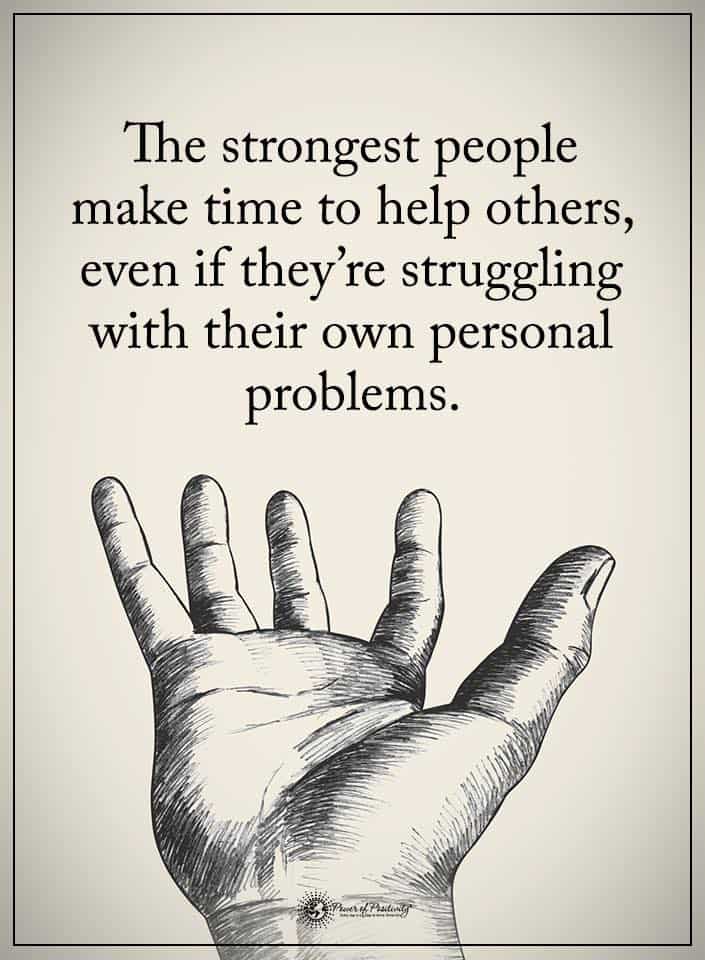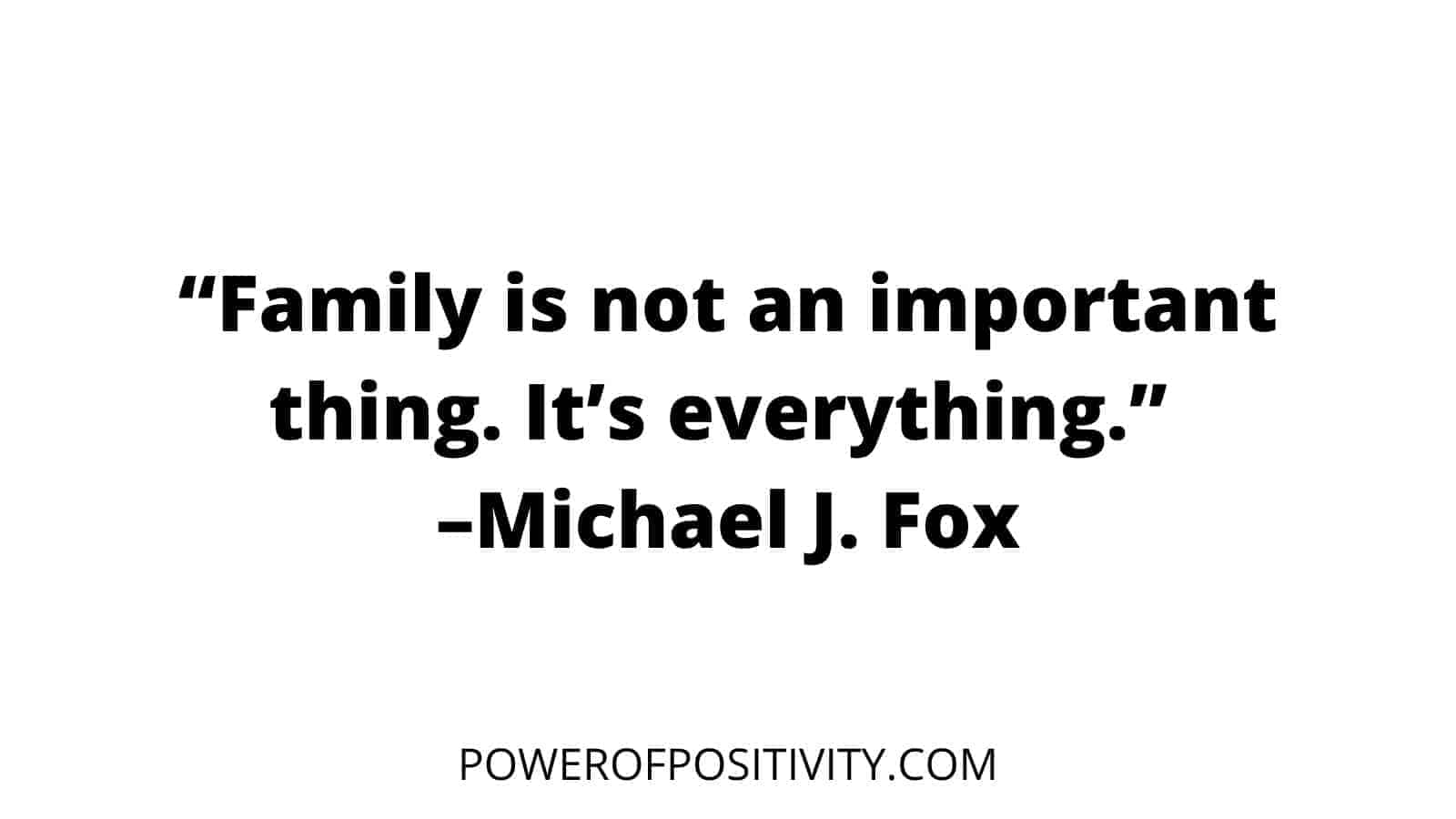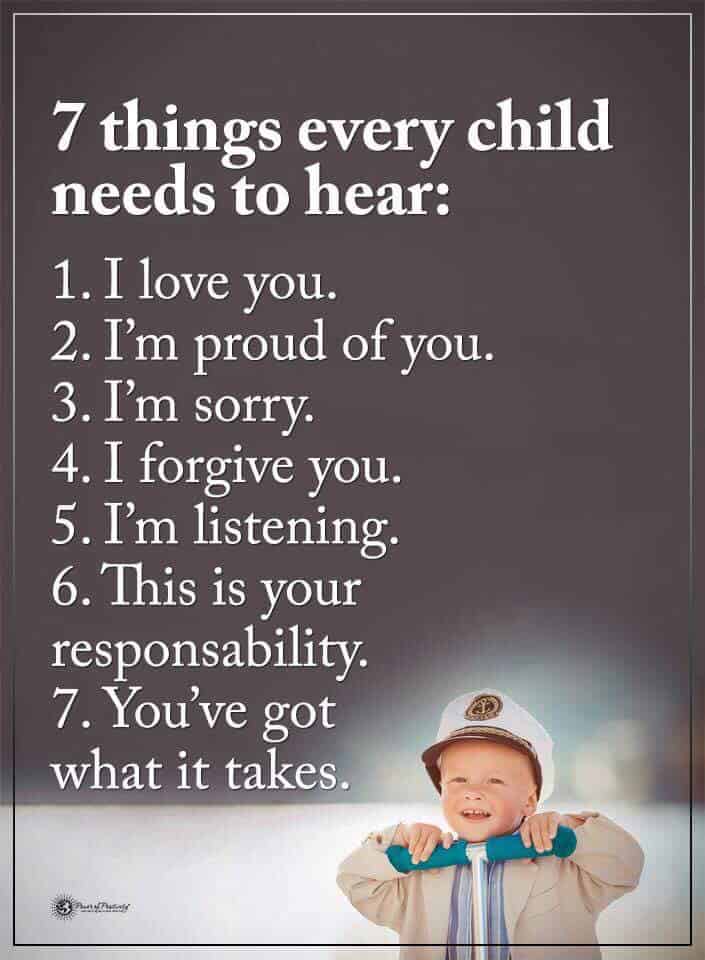Growing up, we don’t think much about how our lives will play out. We don’t have to think about the future because we only care about living for today. We don’t have to worry about money because we don’t have to earn it. We don’t care about anything except the present moment, because we have not learned about regrets. And we haven’t yet known the horrors and atrocities of the world. All we care about is having fun with friends, watching our favorite TV shows, and digging up earthworms. Ah, those carefree days – it’s fun to reminisce from time to time, right?
We all want to turn back the hands of time sometimes, back to those days where nothing mattered. However, how about living a life where we don’t have the constant urge to be elsewhere? How about living for today so that we don’t have regrets later on? Simple ideas, in theory, we know, but hard to actually practice.
Well, we believe in taking baby steps to get where you need to be. If you don’t like your life now, you can always change it. If you looked back on your life as it is 10 years from now, would you like what you see?
If not, we’ve come up with this simple list of things you might regret 10 years from now, if you continue living the life you do now. This article isn’t meant to make you feel bad about your life, but rather, to make the changes necessary so you won’t have to live with the burden of regrets later on.
10 Regrets You Don’t Want In 10 Years
1. Not following your dreams.
According to Bronnie Ware, a palliative nurse from Australia, many of her dying patients listed this as their biggest regret. Ware took care of patients in their last three to twelve weeks of life, and heard many stories and confessions from them all. While she said that all of them found peace before their death, listening to their regrets moved her so much that she actually wrote a bestselling novel about it called “The Top 5 Regrets of the Dying.”
In the book, she said many of her patients had not honored even half of the dreams they wanted to fulfill, and this caused them to have major regrets before the end of their life. They wanted so badly to knock other things off their bucket list, but they had to die knowing they still had dreams.
10 years from now, do you want to look back and realize that you didn’t work toward your goals? Do you want to look back and see all the time that you wasted wondering if you were good enough to live the life you’ve always imagined? Well, here’s the secret – you can live that life NOW. Don’t want until you’re on your deathbed to think about your dreams; live them now, no matter what you have to do to achieve them. Even if you fail, at least you will have tried rather than giving up before you even started.
2. Working too hard.
Ware said that this regret came in at number two, based on the frequency that she heard it. Unfortunately, many people already work too hard even as teenagers. We’ve been spoonfed a bunch of lies about what will truly make us happy, and based on the declining mental health of much of the world, the answer clearly doesn’t lie in how much money we make or how hard we work. What’s the point of it all, really, other than to line the pockets of the wealthy and allow us to pay our bills? At the end of our lives, we won’t care about how much money we have or what we achieved. We’ll remember the human connections we made, or didn’t make.
We’ll think about the memories we made with loved ones and all of the beautiful people we crossed paths with during our time here. Sure, we all have to make money to survive, but don’t work so much that you forget to build a life outside of your job.
3. Not saying what you truly mean.
Coming in at third on Ware’s list, the patients also regretted holding back their feelings. This really doesn’t benefit anyone in the end, because you’ll end up with repressed emotions that will haunt you until the day you die. The person your emotions are directed toward will not know how you truly feel, and will be left in the dark about any issues you have with them. Lying or covering up with truth does no good for anyone, so say what you mean and mean what you say. Not everyone will like it, but at least you can fall asleep at night knowing you live your truth each day and don’t try to sugarcoat it for anyone.
4. Not staying in touch with friends.
People at the end of their lives also regretted losing touch with friends. In 10 years, will you regret not calling up that friend from high school that you wonder about every day? Will you regret not reaching out to the person in your yoga class that you want to get to know better? Don’t let your fear or doubt control your decisions. Reach out to people and take a chance on a new friendship. Life’s too short to live it all in your head; we all require human connection, so don’t be afraid to put yourself out there in order to make new friendships or recover an old one.
5. Not being happy.
We like to think that outside forces control our emotions, but the key to emotional control lies within us. We don’t choose what happens to us, but we can choose how we react to it. Life goes by so fast, so why spend it finding every little thing to complain about? Being happy costs nothing, keeps you healthier, makes life more fulfilling, attracts more positive relationships, and so on. So, unhappiness, then, actually costs MORE in the long run, and can even lead to serious illnesses. Our mental, emotional, and physical health relies on our perception, so if you want to start living a better life now, simply change how you look at things. You’ll discover you have more inner strength than you had ever imagined.
6. Caring too much about what others think.
As a society, we spend a lot of time thinking about what others think of us. However, this does absolutely nothing for our happiness or success whatsoever. What good comes out of fixating on the opinions of others? None. It only drives us insane and leaves us feeling insecure and depressed. So, stop with the madness. Live your truth, work on your life, and stop worrying so much about what everyone else might think. Chances are, they’re so busy with their own lives that they don’t even think twice about yours, anyway.
7. Worrying too much.
We spend A LOT of our lives worrying. No matter what role you play in this world, you have something to worry about. However, will you let this worry take over your life? Will you let the heaviness of the burden drag you down? Or, will you release these worries and realize that this world worries far too much?
At the end of your life, remember that the unpaid bills and debts, what other people think of you, how much money you have, and everything else we worry about won’t really matter. The fleeting nature of life should cause us to shed our worries immediately, but unfortunately, we don’t feel how quickly life goes by until we wake up one day as a 75 year old. Then, we begin to see how small our worries are. But, why not choose to awaken to this truth NOW? Remember: don’t be a worrier; be a warrior!
8. Not taking care of your health.
Everyone likes to think they’re invincible, until they’re not. When we’re younger, it’s easy to think we’ll live forever. It’s easy to think that we can stay up late, eat whatever we want, drink away our weekends, and still think we’ll live to 100. Well, hate to break it to you, but all those decisions will catch up with you someday. Maybe not in 10, 20, or even 30 years, but eventually. So many health problems we face today can be prevented if we just take care of ourselves and honor our minds and bodies, so please give yourself the gift of good health. You won’t regret it later on.

9. Taking life for granted.
Most people take their lives for granted, even though so many little things we experience each day are miracles in their own right. The bees that pollinate the foods we eat, the plants that provide us with nourishment, the air we breathe that gives us oxygen, the water we drink that keeps us hydrated, the sun that shines down on us and gives us life – we should appreciate all of it. Even if you don’t have much in life, you could at least say your thanks for having the basics that the universe provides you with.
Related article: 25 Things You’ll Never Regret Doing
Have an attitude of gratitude, and it will come back to you tenfold.
10. Not living in the moment.
More than anything else, it seems most of us have issues with living in the NOW. We reminisce on the past and wish we could bring it back, or we long for a future that hasn’t happened yet. Either way, we live out of alignment with the present, which means that we’re NEVER truly experiencing life. We’re experiencing moments in our memory, or moments in our imagination. We aren’t experiencing the raw moments, the moments unfolding right before our eyes.
Related article: 5 Ways to Live Without Regrets
If anything, remember that one day, you won’t have any more present moments left to experience. You won’t have road trips to go on, or mountains to climb, or children to kiss goodnight, or a partner to cuddle with. You will have your memories, serving as a reality check. Did you live your dreams, take chances, and say your thanks for every day you awoke? Or, did you file your dreams away in the “Someday” folder, play it safe, and sweat the small stuff?
Above everything else, remember that you and only you have the power to change your life and make it one worth living. It takes hard work, determination, and digging deep in order to live a truly happy, fulfilling life, but at the end of the day, the effort we put in determines the results we get.
If you want to live a life you won’t regret in 10 years, it all starts with what you’re willing to do to make sure that doesn’t happen. You hold the key already, but it’s up to you to find the door.









